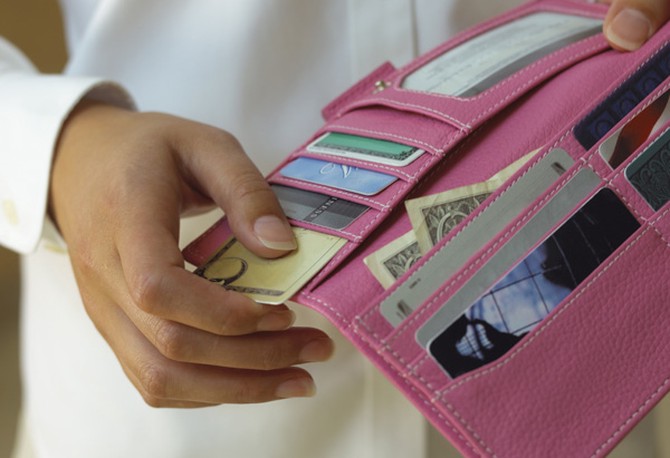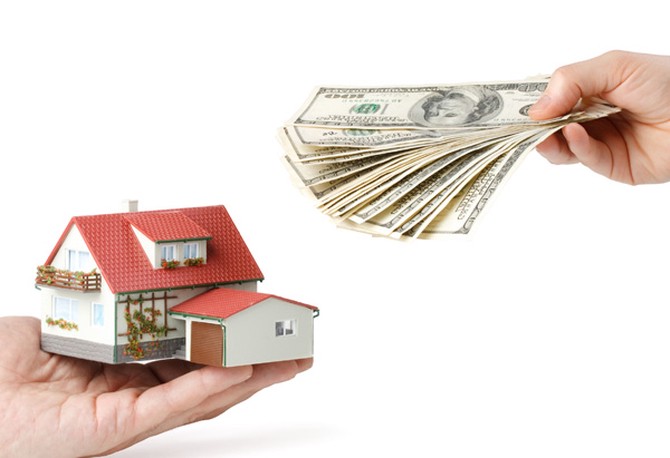7 Simple Steps to Get Out of Debt
By Dave Ramsey

Photo: Brand X Pictures/Thinkstock
Save $1,000 Cash as a Starter Emergency Fund (as fast as you can)
Money magazine says that 78 percent of us will have a major negative event in a given 10-year period of time. Life happens, so be ready. Stop everything and focus. Twist and wring out the budget, work extra hours, sell something, or have a garage sale, but quickly get your $1,000.

Photo: Pixland/Thinkstock
Pay Off All Your Debt Using the Debt Snowball
List all your debts (except the house) in order of smallest payoff balance to largest. Then pay the minimum payment to stay current on all the debts except the smallest. Every dollar you can find from anywhere in your budget goes toward the smallest debt until it is paid. Once the smallest is paid, the payment from that debt is added to the next smallest debt. When debt number two is paid off, you attack three, and so on.

Photo: Digital Vision/Thinkstock
Finish the Emergency Fund
A fully funded emergency fund covers three to six months of expenses. When the big stuff happens, like the job layoff or the blown car engine, you can't depend on credit cards. If you use debt to cover emergencies, you have backtracked. A strong foundation in your financial house includes the big savings account, which will be used just for emergencies.

Photo: Comstock/Thinkstock
Invest 15 Percent of Your Income in Retirement
The rule is simple: Invest 15 percent of before-tax gross income annually toward retirement. Make the most of your 401K at work especially if your company matches. Invest in a diverse portfolio of mutual funds with a good track record. And put the rest of the 15 percent into a Roth IRA.

Photo: Photodisc/Thinkstock
Save for College
When you save for your child's college tuition, you must make at least seven percent per year on your investment to keep up with inflation increases Building an educational savings account that is funded in a growth stock mutual fund will provide tax-free growth when used for higher education.

Photo: Hemera/Thinkstock
Pay Off Your Home Mortgage
Put all of the intensity and financial power you put toward your debt snowball to pay your house off as quickly as possible. Imagine how good the grass will feel under your feet when it's paid for. Without a house payment you have control of your greatest wealth-building tool—your income.

Photo: Hemera/Thinkstock
Build Wealth
Here's the payoff. After all your hard work you have finally gained control of your most powerful wealth-building tool and it is yours to do with as you will. You have all this financial muscle, so now you should do something intentional with it. Have fun, invest and give.
Keep Reading
Suze answers your top 5 debt questions
9 ways to get your finances back on track
10 ways to get a fresh financial start
6 ways a nonprofit counselor can help you
Keep Reading
Suze answers your top 5 debt questions
9 ways to get your finances back on track
10 ways to get a fresh financial start
6 ways a nonprofit counselor can help you
Published 09/13/2005

